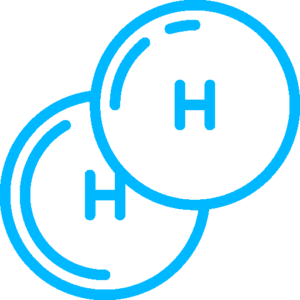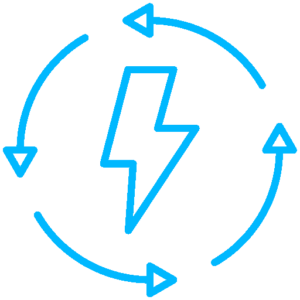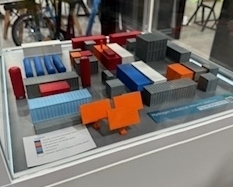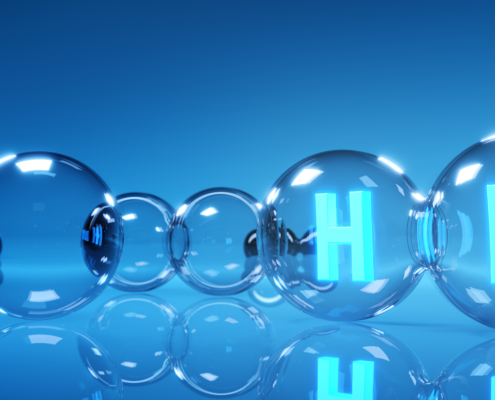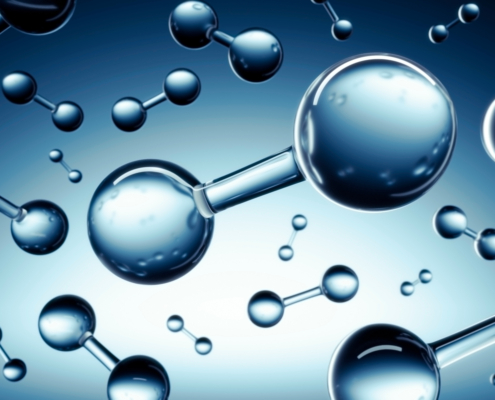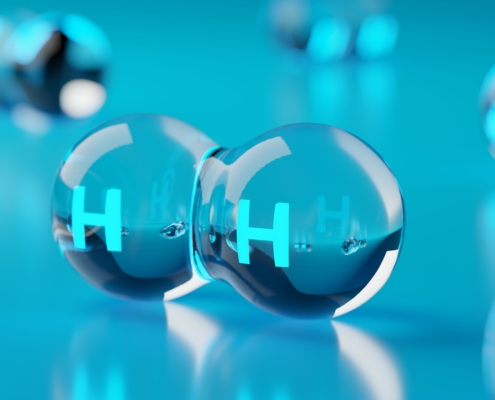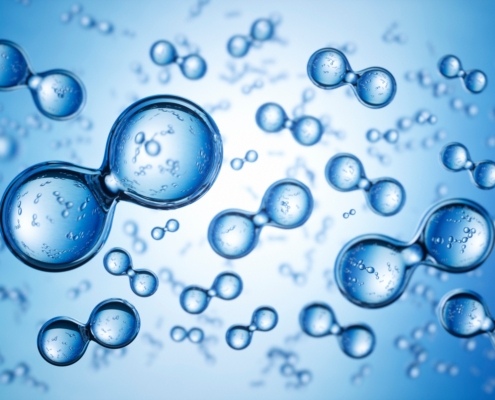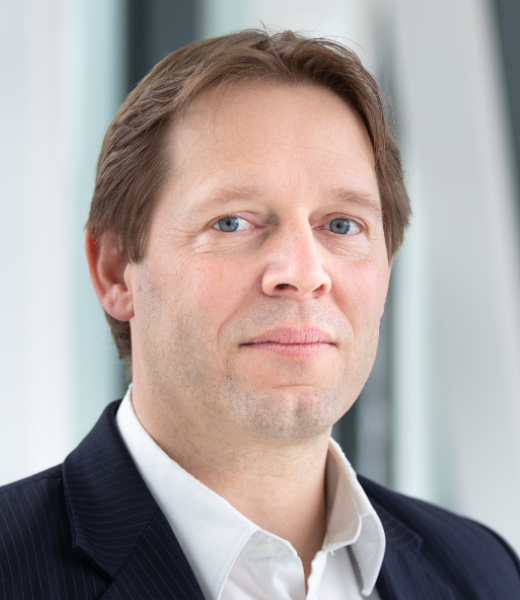Nutzung von Wasserstoff: Wasserstoff wird als umweltfreundliche Energiequelle angesehen, da bei seiner Verbrennung nur Wasser entsteht. Die Nutzung von Wasserstoff als Kraftstoff kann somit dazu beitragen, die Emissionen von Treibhausgasen und die globale Erwärmung zu reduzieren. Die Art und Weise, wie Wasserstoff produziert wird, ist entscheidend für seine Umweltverträglichkeit. Wasserstoff, der aus erneuerbaren Energiequellen gewonnen wird, hat eine wesentlich geringere Umweltbelastung als Wasserstoff, der aus fossilen Brennstoffen hergestellt wird.
Umweltaspekte: Wasserstoff selbst ist kein direktes Treibhausgas, aber es gibt Umweltaspekte zu beachten, insbesondere in Bezug auf Undichtigkeiten (Leckagen) und Herstellungsmethoden.
Leckagen von Wasserstoff: Wasserstoff, der in die Atmosphäre entweicht, kann aufsteigen und in höhere Luftschichten gelangen. Während er dort das chemische Gleichgewicht wenig beeinflussen kann, sind die Auswirkungen in der Nähe von Wasserstoffanlagen minimal. Die größte Sorge bei Wasserstoffleckagen ist eher die Sicherheit. Moderne Wasserstoffanlagen sind mit Sicherheitssystemen ausgestattet, um Leckagen zu minimieren und schnell zu erkennen.
Herstellung von Wasserstoff: Die Umweltauswirkungen hängen stark von der Herstellungsmethode ab. Beispielsweise ist „grüner Wasserstoff“, der durch Elektrolyse unter Verwendung erneuerbarer Energien hergestellt wird, wesentlich umweltfreundlicher als Wasserstoff, der aus fossilen Brennstoffen wie Erdgas gewonnen wird.



